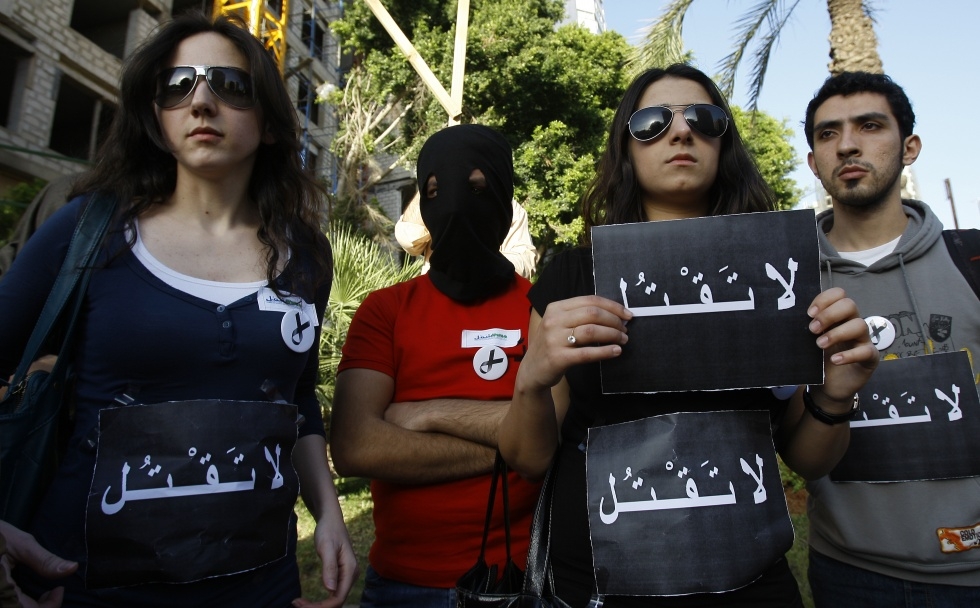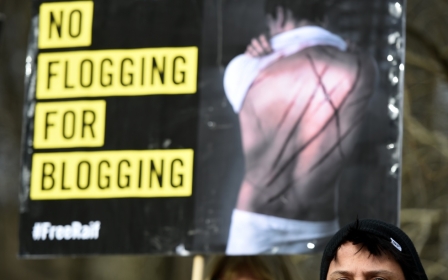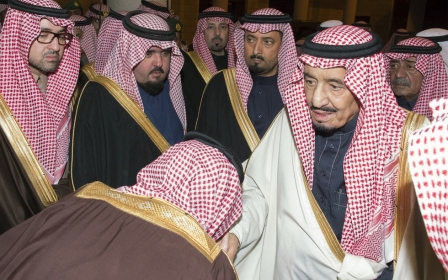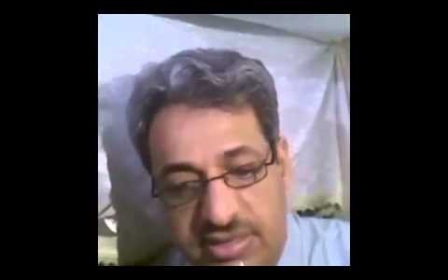Saudi Arabia beheads Syrian drug trafficker

On Tuesday, Saudi Arabia beheaded a convicted Syrian drug smuggler, bringing the total number of executions carried out this year in the desert kingdom to 27.
The Interior Ministry said in a statement carried by the official Saudi Press Agency that Abdullah Mohammed al-Ahmad al-Anzi was charged with trafficking amphetamine pills.
His execution took place in the northwestern Jawf region.
The government said that they are intent on curbing narcotics due to their “great harm”, but the kingdom has faced constant international criticism over its human rights record, including its use of the death penalty.
In 2014, Saudi Arabia executed 87 people, an increase from 78 in 2013.
The crowning of King Salman, following the death of his brother, Abdullah bin Abdulaziz Al Saud, did not act as a deterrent of any kind. During King Salman’s first week in power, four people were executed.
In January, one video of authorities beheading a woman was leaked to the internet, sparking an outrage at Saudi’s ongoing and outmoded practice of the death penalty. The woman, Layla bint Abdul Mutaleb Bassim, was shown kneeling on the ground screaming, “I did not kill!” Bassim was accused of raping her husband’s 6-year-old daughter with a broomstick before beating her to death.
Human rights organisations have long condemned Saudi Arabia’s use of the death penalty, with Amnesty International calling on the government to immediately halt all executions.
Sarah Leah Watson from Human Rights Watch had previously said, “The current surge in executions in Saudi Arabia is yet another dark stain on the kingdom’s human rights record.”
Yet, despite its dismal human rights record, the Gulf kingdom remains a close ally to the United States, and it receives arms deals from both the US and the United Kingdom. However, on the second day of his six-day Middle East tour, Prince Charles met with King Salman in Riyadh, and at the urging of Amnesty International, brought up the case of Raif Badawi, a blogger who has been sentenced to 1,000 lashes and ten years in prison for setting up a website for Saudi liberals.
Rape, murder, apostasy, armed robbery and drug trafficking are all punishable by death under the kingdom’s strict version of Islamic Sharia law.
New MEE newsletter: Jerusalem Dispatch
Sign up to get the latest insights and analysis on Israel-Palestine, alongside Turkey Unpacked and other MEE newsletters
Middle East Eye delivers independent and unrivalled coverage and analysis of the Middle East, North Africa and beyond. To learn more about republishing this content and the associated fees, please fill out this form. More about MEE can be found here.




